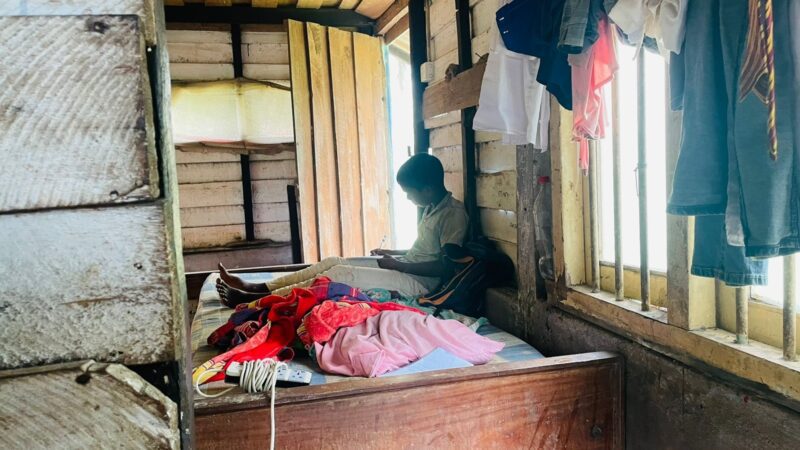Over the past seven months, Internews has provided mentorship and storytelling grants to 104 journalists and storytellers across Sri Lanka. Over a hundred grant-funded stories have been published across 340 unique sites. Remarkably, 92% of these stories demonstrated a gender-sensitive perspective, and nearly 80% were inclusive of minority voices.
Since Independence in 1948, Sri Lanka has witnessed a 30-year civil war with communal unrest and riots before and after the war including the 2019 Easter Sunday bombings. In 2021, Sri Lanka was plunged into its worst economic crisis. Four million more people fell below the poverty line, increasing the total to seven million, i.e. a third of the total population. Particularly affected are marginalized communities who are feeling unseen, unheard, and targeted.
Through its grants program, Internews aims to illuminate diverse narratives by sharing stories from various communities across the country. The purpose of this cross-cultural element is to show that all communities from all backgrounds are experiencing similar issues and challenges. These stories amplified unrepresented voices from across the island, covering a range of topics, including:
- Women – in politics, as monks, in prostitution, in media, as migrant workers, and as heads of households;
- Forgotten communities – indigenous communities, nomads, and tribes; and
- Marginalised communities – LGBTQI, Hill Country, low castes, people living with disabilities.
Published stories had significant reach and impact, earning praise and attention from editors of leading national papers. Three online news outlets dedicated sections of their websites to Internews stories, increasing their visibility and accessibility. Multiple stories have led to initiation in policy changes and engagement from relevant ministries, prompting renewed activism, and support from NGOs to aid affected communities. For example:
- A story by Ramkumar, highlighted the issues faced by female-headed households (FHH) in post-conflict regions misusing micro loans. The FHHs were aggravating their already poor financial situation, by taking more microloans to pay off existing debt. This made them more vulnerable to economic crisis and especially to male debt collectors who would come by their places of residence. This article was picked up by the Legal Advocacy Teams of Transparency International and Neelan Foundation. Subsequently, the teams went out to meet FHH in three different regions and offered them free legal advice on how to best utilize microloans to better their financial situation.
- Another story by Rajeshkaran, is about the implications of the economic crisis on low-caste communities. This story caught the attention of the Centre for Women and Development, a CSO based in the post-conflict in North and East regions that provides livelihood training to young women. Based on Rajeskaran’s story, the Centre identified some young women from low-caste communities and provided training through their livelihood programs, such as food processing and handicrafts.
- And another story covered by Chaandani, looks at the predicament faced by children leaving government run orphanages when they turn 18. These young adults leave the orphanages with no proper documentation which is a hurdle in integrating into society, like getting a job or getting married. This leaves them on the periphery of society, marginalised and isolated. This story received a lot of attention, namely University of Colombo, National Child Protection Authority, Ministry of Women, Child Affairs and Social Empowerment. Member of Parliament and Chairperson of Parliamentary Caucus for Children, Ms Rohini Karunaratne raised this issue in Parliament to which Dept. of Child Protection has been tasked to look into.
Grant stories have been a success in shedding light on issues faced by marginalized, high vulnerable and neglected communities. Stories centering these communities have positively contributed to how people perceive other communities and have made these communities feel seen and heard. With more grants in the coming year, Internews Team is keen to explore more topics that affect the unity and diversity in the country.
